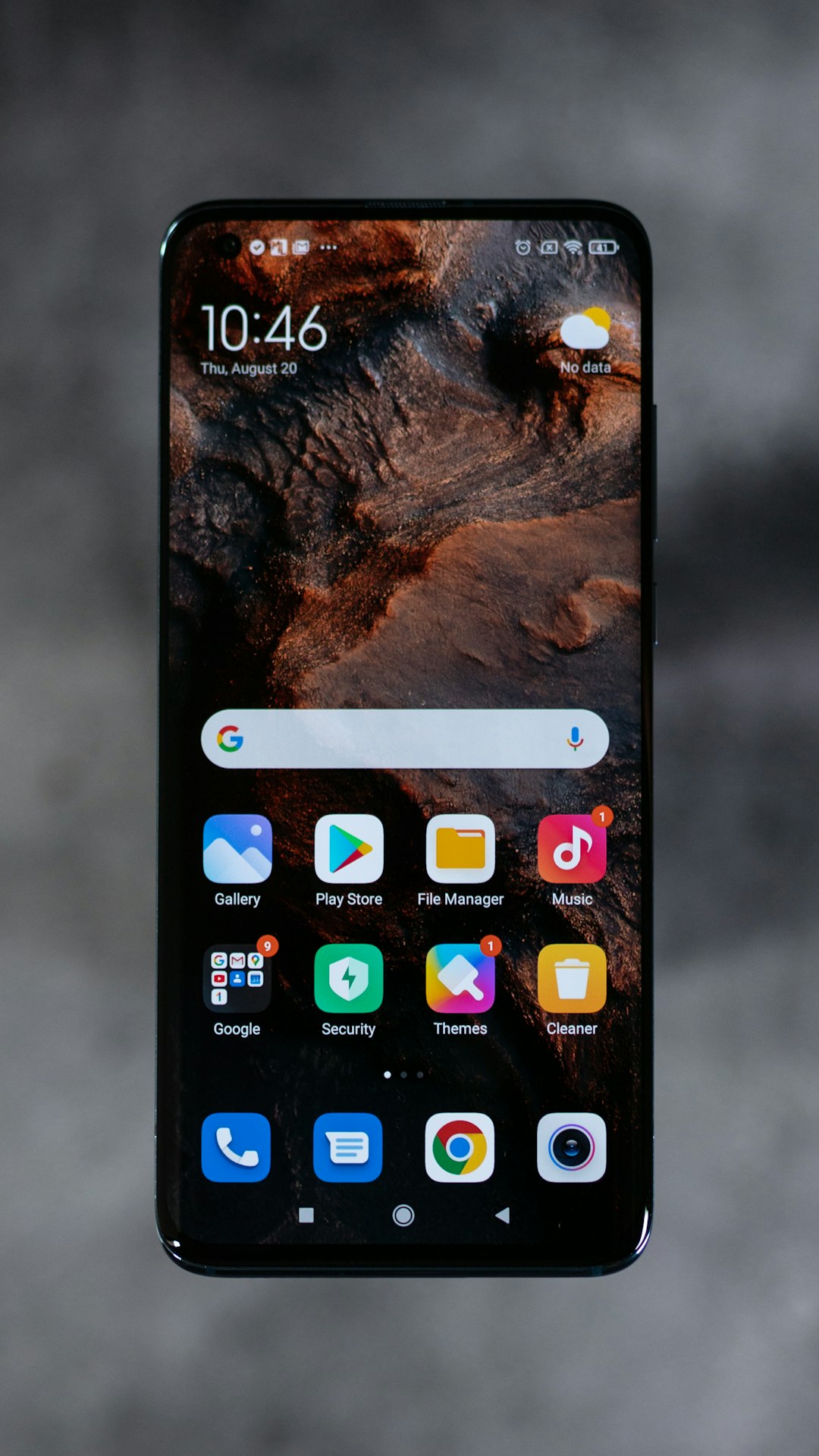In today's digital era, North Carolina has enacted stringent robocall laws to protect residents from intrusive automated phone calls. These laws include do-not-call lists, time restrictions, and transparency requirements, enabling citizens to regain control over their communication channels. Advanced blocking technology, combined with these robust regulations, significantly reduces unwanted robocalls, offering a respite from nuisance marketing activities in the state. Understanding and complying with robocall laws North Carolina is crucial for both consumers and businesses alike.
In the age of relentless digital communication, North Carolina residents often face a nuisance known as robocalls. This article provides an in-depth overview of North Carolina’s robocall blocking technology and its legal framework. We explore how these laws aim to protect citizens from unwanted automated calls, delving into the mechanisms behind effective blocking solutions. Understanding the impact of robocalls and the measures taken by North Carolina offers valuable insights into combating this modern-day challenge.
Understanding Robocalls and Their Impact in North Carolina

In today’s digital era, North Carolina residents, like many across the nation, face an increasing influx of automated phone calls, commonly known as robocalls. These pre-recorded messages, often delivered en masse, have become a ubiquitous yet unwanted aspect of modern communication. Robocalls can range from marketing and political messages to scam attempts, causing distress and disrupting personal and professional lives. The sheer volume of these calls has prompted significant concern among North Carolina’s citizens and policymakers alike.
North Carolina’s robocall laws reflect the state’s efforts to mitigate this growing problem. These regulations aim to protect residents from deceptive or nuisance calls by imposing restrictions on telemarketers and automated dialing systems. By implementing do-not-call lists, time restrictions, and transparency requirements, North Carolina seeks to ensure that citizens can enjoy uninterrupted peace while at home or work. Understanding these laws is crucial for both consumers seeking protection and businesses navigating the regulatory landscape to ensure compliance.
The Legal Framework: North Carolina's Robocall Laws

North Carolina has established a robust legal framework to address the growing concern of unwanted robocalls, implementing strict regulations to protect residents from intrusive automated telephone calls. The state’s robocall laws are designed to give consumers control over their phone lines and offer penalties for violators. These laws empower individuals to register their phone numbers on the Do Not Call list, restrict telemarketers’ activities, and set fines for non-compliance.
The Legal Framework provides a comprehensive approach by not only banning certain types of robocalls but also establishing guidelines for legitimate calls. It allows residents to file complaints against violators, ensuring accountability. With these measures, North Carolina aims to strike a balance between allowing legal telemarketing activities and safeguarding citizens from unwanted and fraudulent robocalls.
How North Carolina Robocall Blocking Technology Works

In North Carolina, the fight against unwanted robocalls has taken a significant turn with the implementation of advanced blocking technology. This innovative solution is designed to combat the deluge of automated calls that have become a persistent nuisance for many residents. The process starts with sophisticated algorithms that analyze incoming call data, identifying patterns and characteristics associated with robocalls based on various factors such as call frequency, caller ID, and voice analysis. Once identified, these calls are blocked or redirected, ensuring North Carolina folks receive fewer disruptive automated messages.
The effectiveness of this technology lies in its ability to adapt and learn from new robocall tactics. As bad actors continually refine their methods, the blocking systems update their algorithms accordingly, staying one step ahead. This dynamic approach, coupled with state-level robocall laws, offers North Carolina residents a much-needed respite from intrusive marketing calls, enhancing their control over their communication channels.






